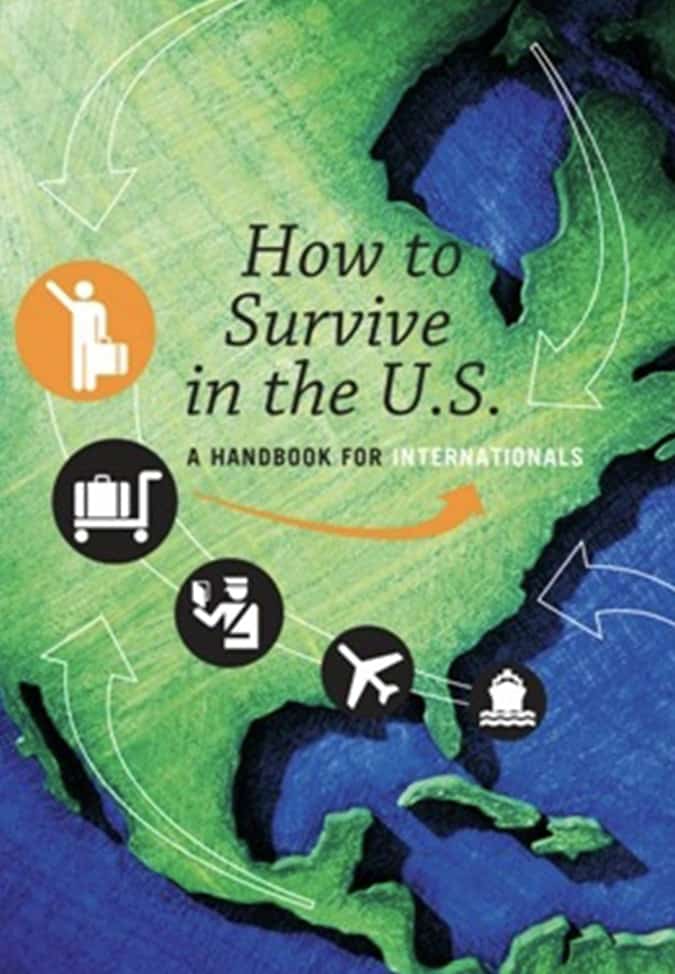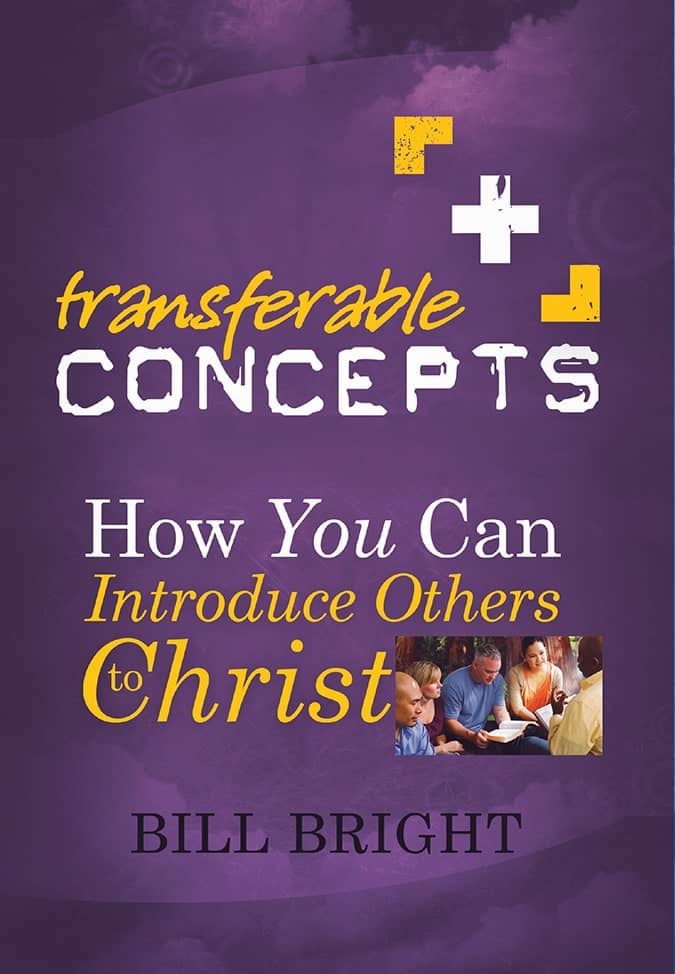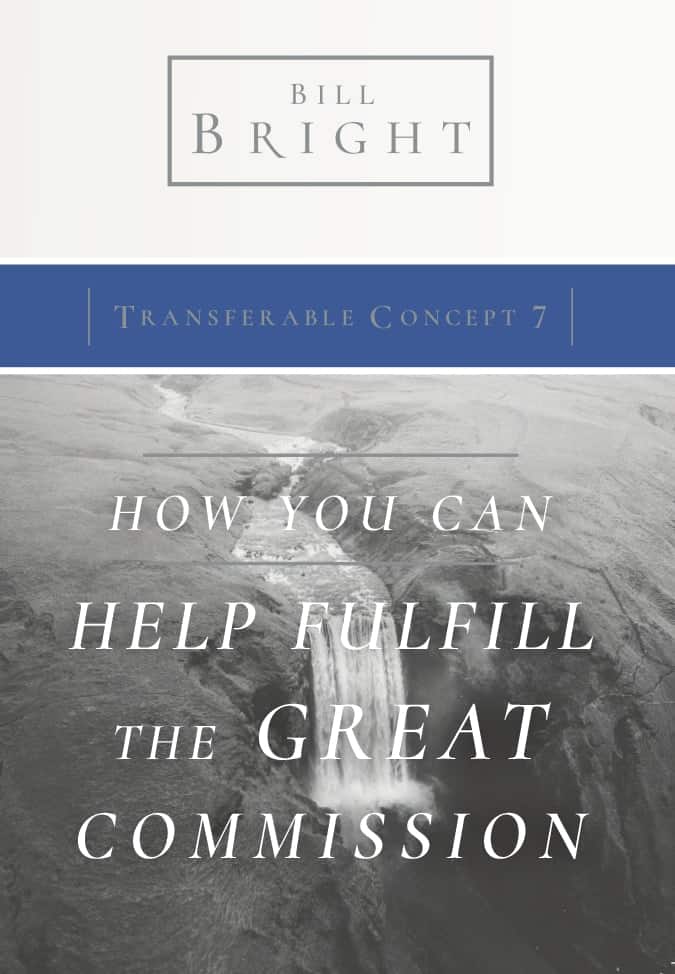The Importance of Conferences

What Conferences Accomplish
Looking back over a long lifetime of service, John Mott, one of the founders of the Student Volunteer Movement, which sent thousands of college students to world missions in the late 19th and early 20th centuries, said this: “If I had to do it all over again, I would have had more conferences because at conferences more critical decisions are made than at any other place.”
Here is a short list of what conferences can accomplish in both the life of a believer and the life of a ministry:
- Conferences are catalysts for change. Studies show that we develop convictions not only from personal Bible study, but also in environments away from our normal day-to-day life. That is what conferences can provide. Often more is accomplished at a 3-day retreat or conference than in a whole semester of studies and meetings on campus.
- Conferences offer a time of bonding. Often at a conference or on the bus ride to the conference, friendships are formed which bring students from the fringes into community.
- Conferences provide opportunities for training and hands-on ministry experience so that they can be sent back to campus to do ministry.
What kinds of conferences?
Cru offers a number of retreats and conferences throughout the year that help not only with outreach and discipleship, but sending as well.
- After the first six weeks or so, a Fall retreat. It’s very likely that Cru has one of these within 4 hours of your campus.
- A Winter Conference. Here are some locations and dates around the U.S. for this Winter.
- Spring Break opportunities with Cru.
- Summer Missions – stateside and global.
How to Recruit: A Four-Fold Challenge
In challenging students to go to a retreat or conference, four phases can be identified.
- INFORM
This where you arouse interest with publicity, announcements, testimonies, and skits. “There’s going to be a Christmas Conference in Denver, January 2-7.” - EDUCATE
“Let me tell you what will go on….We’re going to take a bus….We’ll be staying at the Adam’s Mark Hotel in downtown Denver ….Here’s who will be speaking…on these topics…. (Highlight speakers and seminars that you have benefited from.) The price will be….Here’s the schedule….You can register by….” - MOTIVATE
This is where you answer, “What difference does it make if I go?” In your own words, share the benefits of going to the conference. This is where you say, “I’d really like you to come with me to the retreat. Let me tell you how God has used it in my life and how I can see you benefiting from being there.” (Think back on your own life changes, impressions, reservations and fears.) Motivation is helping them want to go. The more important it is to you, the more important it will be for them. - CHALLENGE
Skits, testimonies, films, banners, and brochures are all helpful in promoting a conference, but ultimately recruiting comes down to a person-to-person challenge: “Would you like to go?” “Can you think of anything that would keep you from going?” “Would you pray about it this week and ask God if He wants you to go?” This is the most difficult of the four phases, the most effective, and the most ignored. A challenge is done best in a one-to-one setting. Make sure there is accountability and follow-through by getting a definite “yes” or “no” from each student. People come because of people.
Goals Versus Desires
Goals are statements of faith. No goals—no faith. Goals are a statement of what we believe God wants us to do. “We’re praying for two bus loads of students to go to the conference.” Goals are a focal point for trusting God together as a ministry. Goals become our “prayer targets.”
In setting recruiting goals, it is useful to remember the difference between goals and desires. A goal is an objective that can be achieved without anyone else’s cooperation, i.e. “My goal is to personally challenge 20 students to go the Christmas Conference.”
A desire is an objective that cannot be achieved without someone else’s cooperation. This is your prayer target, i.e. “We’re praying for 100 students to go to the Christmas Conference.” It is essential that we pray for our desires and hold ourselves accountable for our goals.
Using Obstacles to Build Faith
In challenging students, it is necessary that we don’t make the decision for them but help them to trust God in overcoming the barriers if they really want to go. Barriers and obstacles (no money, work commitments, etc.) are not final but are opportunities to see God work.
Assuming a student wants to go to the conference, our job is to help him to believe God can meet his need to get him there. There is a great difference between, “Well, I guess I’ll go if God provides the money” and “I believe God wants me to go and I’m trusting Him for the money.”
God can often do as much in the life of a person getting him to the conference as at the conference itself—sometimes more.















